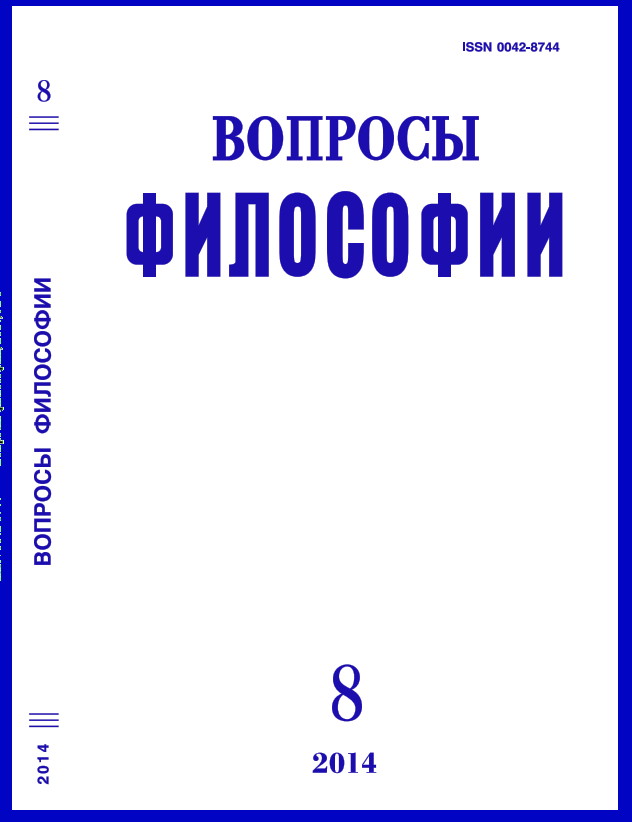Evolution of the Subject of Scientific Knowledge
Keywords:
cognition, science, postnonclassical rationality, self-organization theory, evolutionary-synergetic paradigm, subject, constructivism, recursivity, complexityAbstract
The problem of the evolution of the scientific cognition subject is the focus of the paper. Specific features of the subject of classical, nonclassical and postnonclassical scientific character paradigms are revealed (in accordance with the typology of V.S. Styopin). On the basis of comparative-historical analysis of the knowing subject in the philosophy of the Ancient World, the Middle Ages and Modern Age it is shown that subjective-objective confrontation is not common in contemporary epistemology, including the ideas of systemacity, holism, global evolutionism and nonlinearity. Currently, in terms of rapid change of information generation methods (knowledge society) while the new paradigm of scientific rationality is formed (postnonclassical) and a new concept of subjectivity is shaped, it is important to clear up the relevant interpretation of scientific cognition subject. Postnonclassical subject is involved into the perceived system as an active component. There is no fixed difference between natural and artificial when it comes to the cognition of complex self-developing systems. The human is a part of this system, but at thesame time the human is a knowing subject. Alterations of the postnonclassical science subject are stated in terms “net subject”, “suballocated subject” and “holistic subject”.

